Toyota RAV4 vs MG HS – Performance, range & efficiency compared
Compare performance, boot capacity, efficiency and price at a glance.
Find out which car is the better choice for you – Toyota RAV4 or MG HS?
Who wins the race?
The MG HS proves to be only a minor advantage and therefore becomes our DriveDuel Champion!
MG HS is the better all-rounder in this comparison.
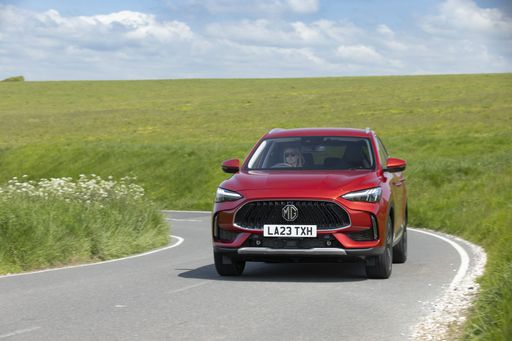 @ MG Motor / SAIC Motor Corporation
@ MG Motor / SAIC Motor Corporation
MG HS
Toyota RAV4
The Toyota RAV4 feels like a sensible friend on the road, marrying dependable practicality with a dash of SUV personality that keeps daily driving from turning dull. Comfortable and easy to live with, it looks tough without shouting and quietly gets the job done — a sensible pick for buyers who want versatility without drama.
details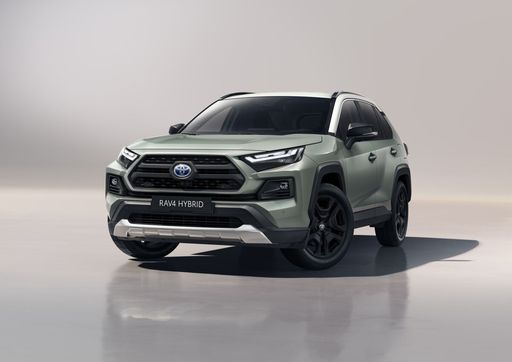 @ Toyota Motor Corporation
@ Toyota Motor Corporation
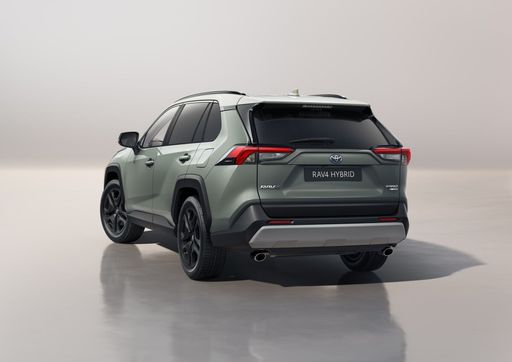 @ Toyota Motor Corporation
@ Toyota Motor Corporation
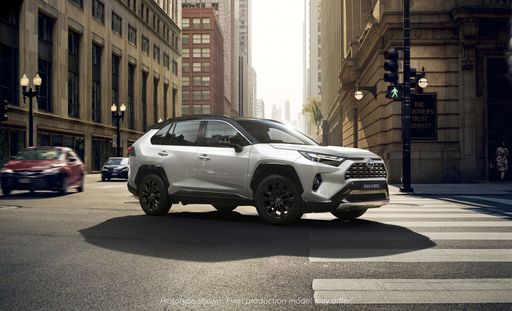 @ Toyota Motor Corporation
@ Toyota Motor Corporation
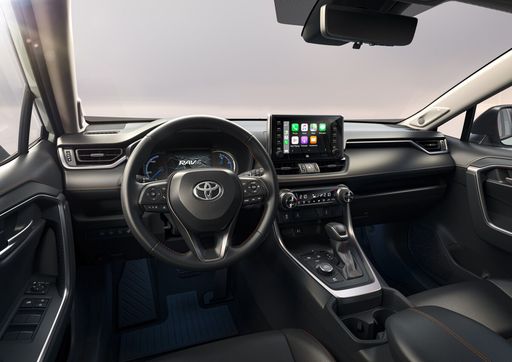 @ Toyota Motor Corporation
@ Toyota Motor Corporation
MG HS
The MG HS looks sharper than its price tag suggests, pairing bold styling with a roomy, well-finished cabin that feels more upscale than you’d expect. It’s a sensible, well-equipped compact SUV that gives mainstream rivals a run for their money and adds enough personality to make everyday driving enjoyable.
details @ MG Motor / SAIC Motor Corporation
@ MG Motor / SAIC Motor Corporation
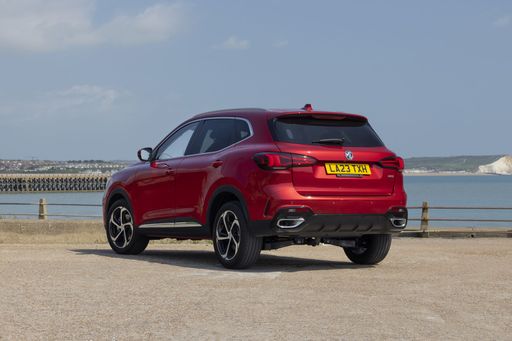 @ MG Motor / SAIC Motor Corporation
@ MG Motor / SAIC Motor Corporation
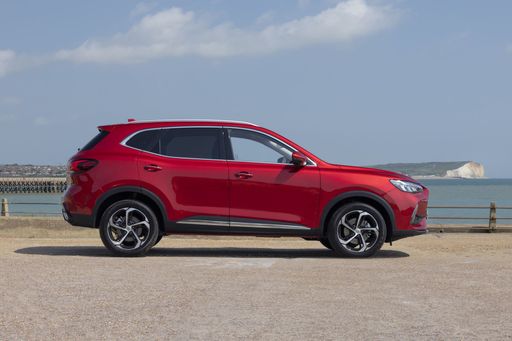 @ MG Motor / SAIC Motor Corporation
@ MG Motor / SAIC Motor Corporation
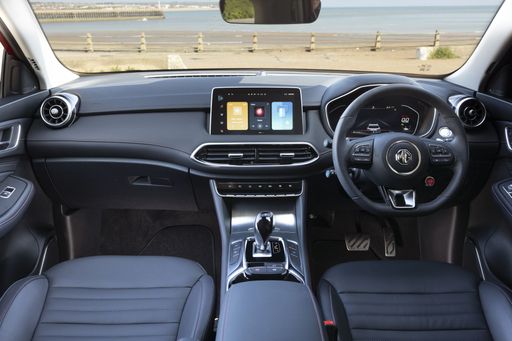 @ MG Motor / SAIC Motor Corporation
@ MG Motor / SAIC Motor Corporation
 @ Toyota Motor Corporation
@ Toyota Motor Corporation
|
 @ MG Motor / SAIC Motor Corporation
@ MG Motor / SAIC Motor Corporation
|
|
|
|
Costs and Consumption |
|
|---|---|
|
Price
35100 - 55700 £
|
Price
-
|
|
Consumption L/100km
1 - 5.6 L
|
Consumption L/100km
-
|
|
Consumption kWh/100km
-
|
Consumption kWh/100km
-
|
|
Electric Range
75 km
|
Electric Range
-
|
|
Battery Capacity
-
|
Battery Capacity
-
|
|
co2
22 - 128 g/km
|
co2
-
|
|
Fuel tank capacity
55 L
|
Fuel tank capacity
-
|
Dimensions and Body |
|
|---|---|
|
Body Type
SUV
|
Body Type
-
|
|
Seats
5
|
Seats
-
|
|
Doors
5
|
Doors
-
|
|
Curb weight
1745 - 1910 kg
|
Curb weight
-
|
|
Trunk capacity
520 - 580 L
|
Trunk capacity
-
|
|
Length
4600 mm
|
Length
-
|
|
Width
1855 mm
|
Width
-
|
|
Height
1685 mm
|
Height
-
|
|
Max trunk capacity
1604 - 1690 L
|
Max trunk capacity
-
|
|
Payload
390 - 600 kg
|
Payload
-
|
Engine and Performance |
|
|---|---|
|
Engine Type
Full Hybrid, Plugin Hybrid
|
Engine Type
-
|
|
Transmission
Automatic
|
Transmission
-
|
|
Transmission Detail
CVT
|
Transmission Detail
-
|
|
Drive Type
Front-Wheel Drive, All-Wheel Drive
|
Drive Type
-
|
|
Power HP
218 - 306 HP
|
Power HP
-
|
|
Acceleration 0-100km/h
6 - 8.4 s
|
Acceleration 0-100km/h
-
|
|
Max Speed
180 km/h
|
Max Speed
-
|
|
Torque
-
|
Torque
-
|
|
Number of Cylinders
4
|
Number of Cylinders
-
|
|
Power kW
160 - 225 kW
|
Power kW
-
|
|
Engine capacity
2487 cm3
|
Engine capacity
-
|
General |
|
|---|---|
|
Model Year
2024 - 2025
|
Model Year
-
|
|
CO2 Efficiency Class
D, B
|
CO2 Efficiency Class
-
|
|
Brand
Toyota
|
Brand
-
|
What drive types are available for the Toyota RAV4?
Available configurations include Front-Wheel Drive or All-Wheel Drive.
The prices and data displayed are estimates based on German list prices and may vary by country. This information is not legally binding.
